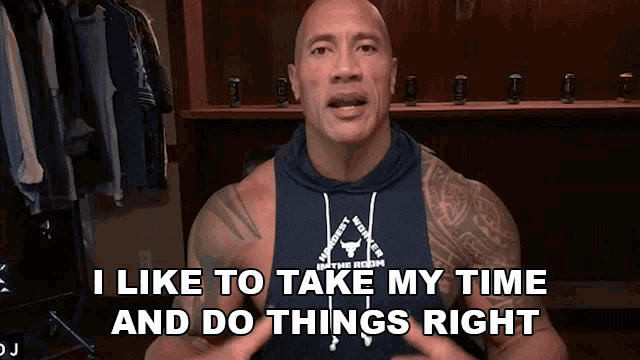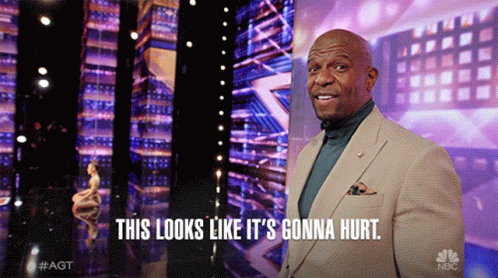
The world of finance and credit is full of myths. The first credit myth, in fact, dates back to 1763 and John Williamson aboard HMS Victory when trying to barter for his life.
See, there’s another credit myth – just made it up. Sounds plausible though, doesn’t it?
And although Mr Williamson doesn’t feature in our list below, his existence is as fictitious as some well-believed “facts” when it comes to finance and credit scores.
And if you’re looking to finance a car, knowing the truth about your credit score is important. That’s why, to help, we’ve debunked 14 common credit score myths below.
“Checking my credit report will harm my credit score”

No, checking your credit report won’t harm your credit score. In fact, before you apply for car finance, we actively encourage you to do so.
That’s because, if there are areas you can quickly improve – such as adding your name to the electoral roll – then you might be able to get a better deal.
You can check your credit score for free with several companies, including Experian, TotallyMoney, Credit Karma and ClearScore.
“It takes years to improve your credit score”

In some instances, it can take a while to repair your credit score. However, there may be some things you can do now which will give you an instantaneous boost.
Things like registering on the electoral roll and making sure credit unions have the correct details for you – such as your current address – are two common quick fixes. Link same as above – new window
“I’ve never had credit, so I must have a high score”

Again, unfortunately, this is wrong. Even if you’ve been really good with your money and have never had to take out credit in the past, you’re still judged in a similar way to someone who has bad credit.
That’s because you haven’t proven you can handle credit responsibly. And it’s having a history of handling credit responsibly that boosts your credit score.
“I can’t get finance because I have bad credit”

Admittedly, not everyone with bad credit is able to get finance. The ultimate decision on whether you’re “creditworthy” rests with the lender.
However, just because you have bad credit doesn’t mean you’ll automatically be declined for credit or finance.
There are now more lenders than ever who specialise in helping those with bad credit and understand that a low credit score isn’t as cut and dry as some may think.
That’s why they look at every application individually, and if they can help you, they will.
“If I apply for finance it’ll hurt my credit score”

This is a tricky one, as depending on the type of finance you’re applying for and who you’re applying with, submitting too many applications can have a negative impact on your credit score.
However, to avoid that, many companies now offer a soft credit check to see if you’ll be approved first before sending the final application. And a soft credit check won’t appear on your credit report or harm your credit score – no matter how many times you apply.
“I’ve got bad credit so I’m stuck with it for life”

Absolutely not true. You can always work to improve your credit score if you’ve got bad credit.
Things like registering on the electoral roll and lowering your credit usage to under 50% of your credit limit are two relatively quick fixes.
And then over the longer term, keeping up with bills and repayments is the best way to improve your score.
“You should make lots of car finance applications to see who can give you the best deal”

While it’s sound advice to shop around for the best deal when looking for a new car, be wary about making lots of applications in a short space of time.
Unless they’re soft checks, they’ll appear on your credit file. And having too many finance applications over a short period can negatively impact your credit score – as you appear as though you’re desperate for credit.
So, just make sure if you’re making lots of applications that the companies you’re using are submitting soft checks which won’t harm your credit score.
We only carry out soft checks during our initial searches to find you a lender.
Rates from 12.9% APR. Representative APR 18.9% We are a credit broker, not a lender.
*a hard search will be performed if you decide to proceed
“I always make the minimum payment on my credit cards so I’ll have a great score”


Although it’s great that you’re keeping up with your repayments, by paying the minimum amount owed each month on things like credit cards can actually negatively impact your credit score.
That’s because it looks as though you’re on your financial limit – and can’t pay back any more. So, if you can, pay off more than the minimum each month – ideally, settle the total balance each month.
“I’ve already got loads of credit, so my credit score will be really high”


While it’s good to have credit in your name and keep up your repayments – as it helps build your score – having too much credit can have a negative effect.
Lenders tend to be wary of applicants who have used more than 50% of their short-term credit allowance. That includes things like car finance, credit cards and bank loans, rather than a mortgage, for example.
So, to help improve your score, try and get your credit usage under 50% of your available credit.
“I’ve settled my missed payments so it won’t affect my credit score”


If you miss a payment on anything from your mortgage to your mobile phone contract, it’ll likely show up on your credit report.
And even when you settle that missed payment, it’ll remain on your credit score for around seven years. There’ll be a note to say it’s been settled, but it’s still your credit history and future lenders will be able to see it.
“There’s only one credit score”


As much as it would make life easier, there are in fact three credit unions in the UK.
A credit union is a place where lenders go to check your credit history and score when you make an application. And, somewhat frustratingly, they all use different criteria.
So, for example, just because you have a good credit score on Experian – one of the credit unions – it doesn’t mean you will on TransUnion – another credit union.
But it can also work the other way – whereby you may have a low score on one and a high score on another; as they use different criteria.
If you’re applying for credit, each lender will use their own preferred credit union to see whether you’re “creditworthy”. So, before you apply, we recommend checking all three.
The other is Equifax, by the way. Links the same as above – new window
“My partner has a great credit score, so I will too”


Unfortunately, your credit score is yours and yours alone. So even if your partner has a great credit score, it won’t change yours all that much.
On the flip side, however, if you have a good credit score and your partner doesn’t, being financially tied to them through a joint bank account or mortgage can negatively impact your score.
“I know a company that can fix my credit score”


There are companies out there that claim they can repair your credit score. But it’s nothing you can’t do yourself – and you don’t have to pay them either.
And if they claim they can instantly boost your score without you having to make changes, they’re probably doing something illegal.
“I have a good job so I’ll have a good credit score”


Although it’s great for you if you have a good job, unfortunately, that doesn’t translate to having a good credit score.
A credit score doesn’t go off how much you get paid or your job title. It’s simply how well you’ve proven you’re able to handle credit.
However, having some disposable income will make you look better for car finance lenders when they come to check your affordability.
Rates from 12.9% APR. Representative APR 18.9% We are a credit broker, not a lender.
*a hard search will be performed if you decide to proceed

















